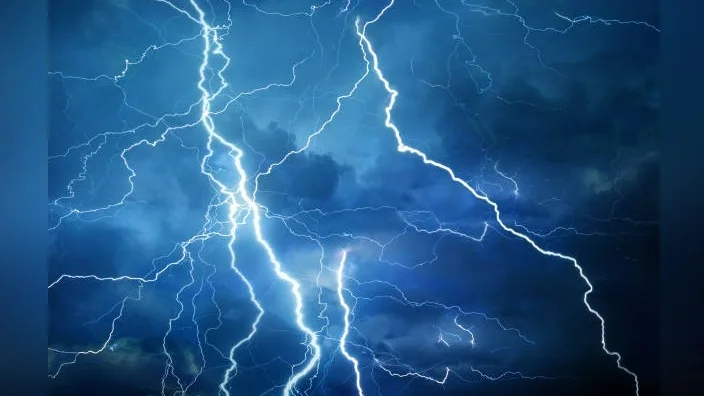Clergy in Belarus are reportedly deleting their social media profiles to avoid arrest amid new pressures following the departure of the Vatican's nuncio, Archbishop Ante Jozic. According to church sources, local parishes face increased scrutiny under a recent religious law requiring them to re-register for legal status.
Natallia Vasilevich, coordinator of the ecumenical Christian Vision organization, explained that "with church communities required to re-register, all are vulnerable to new restrictions." The law also limits educational and missionary activities by churches. Vasilevich noted that priests could be arrested and lose their parish's legal status if they post or share content deemed extremist. Consequently, bishops have advised clergy to cease social media activity.
Two senior clergy members recently faced charges for distributing "extremist material" under Article 19:11 of Belarus’s Code of Administrative Offenses. In an interview with OSV News, Vasilevich said official monitoring agencies have been checking social media records as part of an independent media purge. This has led many priests to close their accounts rather than edit them.
Catholic clergy are also hindered from discussing personal issues with parishioners due to concerns about police monitoring private telephone messages. Organizations worldwide are inviting prayers for persecuted Christians throughout November, with more than 365 million believers facing high levels of persecution and discrimination globally, according to a 2024 report by Open Doors.
Belarus was placed on Open Doors' World Watch List for the second consecutive year in 2024. Aid to the Church in Need stated that "most human rights, including religious freedom," are endangered due to Belarus's authoritarian government.
A prominent lay Catholic confirmed warnings against criticizing officials in Belarus following President Alexander Lukashenko's disputed reelection in August 2020. Artiom Tkaczuk, a social worker now living in Poland, remarked on the challenges faced by Christians but expressed hope despite current difficulties.
Several Catholic priests have been detained on charges related to extremist materials or state treason. Father Yuri Barauniou and Father Andrei Keulich were both detained in October on such charges. A report from Christian Vision highlighted other cases involving Catholic individuals charged during the same period.
Since 2020, dozens of Roman and Greek Catholic clergy have faced persecution for political reasons alongside Orthodox and Protestant pastors. Two Catholic priests have been recognized as political prisoners by Viasna, a Belarusan rights group awarded the United Nations General Assembly’s Human Rights Prize in December 2023.
Oblate Father Andrzej Juchniewicz has been detained since May 8 over internet-related actions while Father Henrykh Akalatovich was detained last year for alleged treason against the state.
Tkaczuk expressed concern over Western societies' waning attention toward Belarus's political crisis as arrests continue daily. He noted that public statements from bishops could provoke severe reactions from authorities.
The Catholic Church comprises about one-tenth of Belarus's population of 9.4 million people—a former Soviet republic where over a thousand political prisoners remain incarcerated as of Nov. 11.
Under a new law signed by Lukashenko last December restricting church activities further pressures loom after Archbishop Jozic’s departure on Sept.15th who had worked towards easing tensions between church authorities & government officials during his tenure there according Tkaczuk
Vasilevich emphasized international support is crucial amidst ongoing repression urging continued strong messaging towards Lukashenko’s regime demanding justice & dignity beyond mere politics
Father Yuri Sanko spokesperson for Belarus’ Catholic bishops’ conference did not respond when contacted regarding these developments
Jonathan Luxmoore reports from Oxford England
 Alerts Sign-up
Alerts Sign-up






